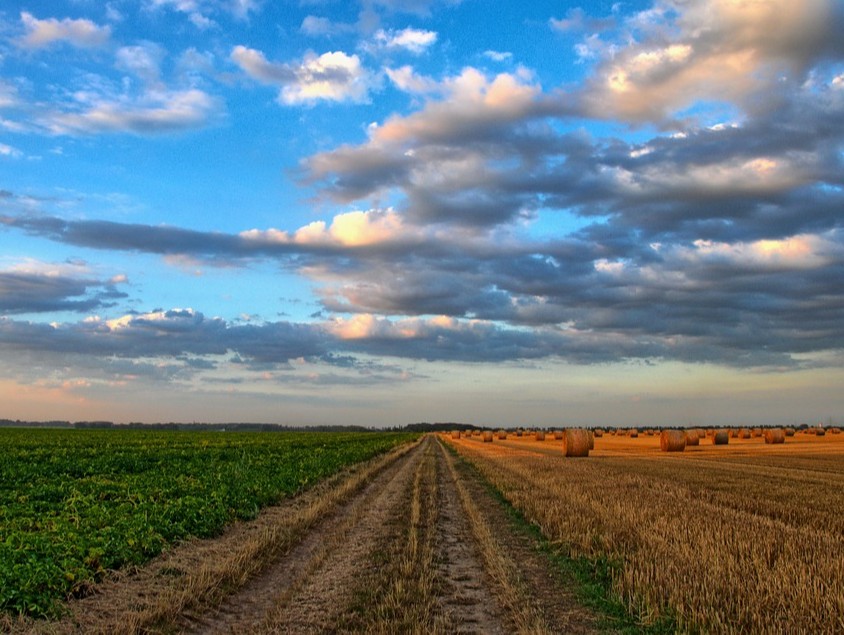
The transition to recycled agriculture is receiving a major boost. In order to remove obstacles that stand in the way of innovation, recycling farmers will be allocated experimental areas. The transition to a strong and sustainable agriculture will be further shaped by amending legislation and regulations to reduce the use of artificial fertilisers and promote animal manure. Legislation will also be changed in order to be able to use (food) residual flows more often as animal feed. Staatbosbeheer makes land available to farmers who want to make their businesses nature-exclusive but do not have sufficient land.
This is what Minister Carola Schouten of Agriculture, Nature and Food Quality (LNV) writes in the realisation plan for her vision of sustainable and strong agriculture in 2030, which was sent to the Lower House of Parliament on 17 June 2019. In the realisation plan 'On the road with perspective', which was drawn up in close cooperation with farmers and other parties, the Minister explains how the movement towards recycled agriculture has been set in motion and is irreversible.
Minister Schouten: "No longer produce as cheaply as possible, but produce with as little loss of raw materials as possible and careful management of soil, water and nature. This is the core of recycled agriculture that we are working on together. This is not a matter for governments alone. The change will only succeed with the help and efforts of banks, the retail sector, social organisations, consumers and, of course, the farmer himself: he or she must earn a good income and be able to innovate in order to maintain a healthy business. I am proud of the fact that our agricultural sector has been in good shape worldwide for decades. It is our ambition to consolidate this position by means of recycled agriculture and the associated innovations'.
Click here for the summary infographic Implementation Plan Vision LNV 'On the road with a new perspective' (Dutch only)
Source: © LNV